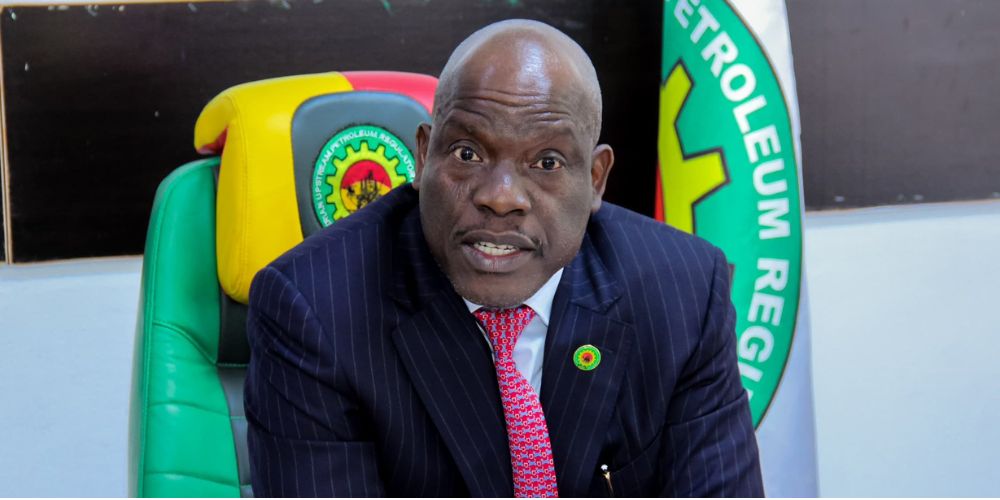Governors Block LG Autonomy: Intimidate Chairmen, Sabotage CBN Account Opening
Nearly nine months after the Supreme Court granted full autonomy to Nigeria’s 774 local government areas (LGAs), a fresh wave of resistance from state governors is threatening to derail the process.
Investigations by Lagos Reporters reveal that several governors have issued stern warnings to council chairmen, instructing them not to open accounts with the Central Bank of Nigeria (CBN)—a critical step in enabling the direct disbursement of federal allocations to the LGAs.
The Federal Government, in a bid to comply with the Supreme Court’s ruling, had set up a panel to drive the implementation of local government autonomy. Acting on the panel’s recommendations, the CBN was directed to open accounts for all LGAs to ensure their allocations go directly to them, bypassing state control.
Despite this directive, progress has been sluggish. Only Delta State has submitted the required account details for its LGAs. Most other states have not complied, citing a range of challenges—chief among them, pressure from governors.
Some local government chairmen who spoke to Lagos Reporters under anonymity painted a troubling picture of intimidation and backroom power plays. One chairman from a South-East state disclosed that their governor flat-out refused a proposed arrangement that would allow LGAs to remit 50 percent of their allocations back to the state, in exchange for being allowed to open CBN accounts.
“Our governor has threatened all of us not to open accounts with the CBN for direct allocation. We even tried to negotiate by offering to return half of the funds monthly, but he refused,” the chairman said.
Sources say many governors fear that allowing direct payments to LGAs would strip them of long-standing control over local government finances—a tool often used for political maneuvering.
A council chairman from the South-West added that aside from political resistance, the CBN’s requirements, such as two-month account statements from each council, have been difficult to meet.
“But if you look closer, the real issue is that most governors already control the accounts. We don’t even have full access to our finances. That’s why compliance is difficult,” he stated.
Top government officials, including former Accountant-General of the Federation, Oluwatoyin Madein, and the Attorney-General and Minister of Justice, Lateef Fagbemi, SAN, have been working on the modalities for rolling out autonomy but are reportedly hampered by the lack of democratically elected local councils in some states.
With the implementation of local government autonomy hanging in the balance, analysts warn that continued resistance by governors could derail grassroots development and violate constitutional directives.






